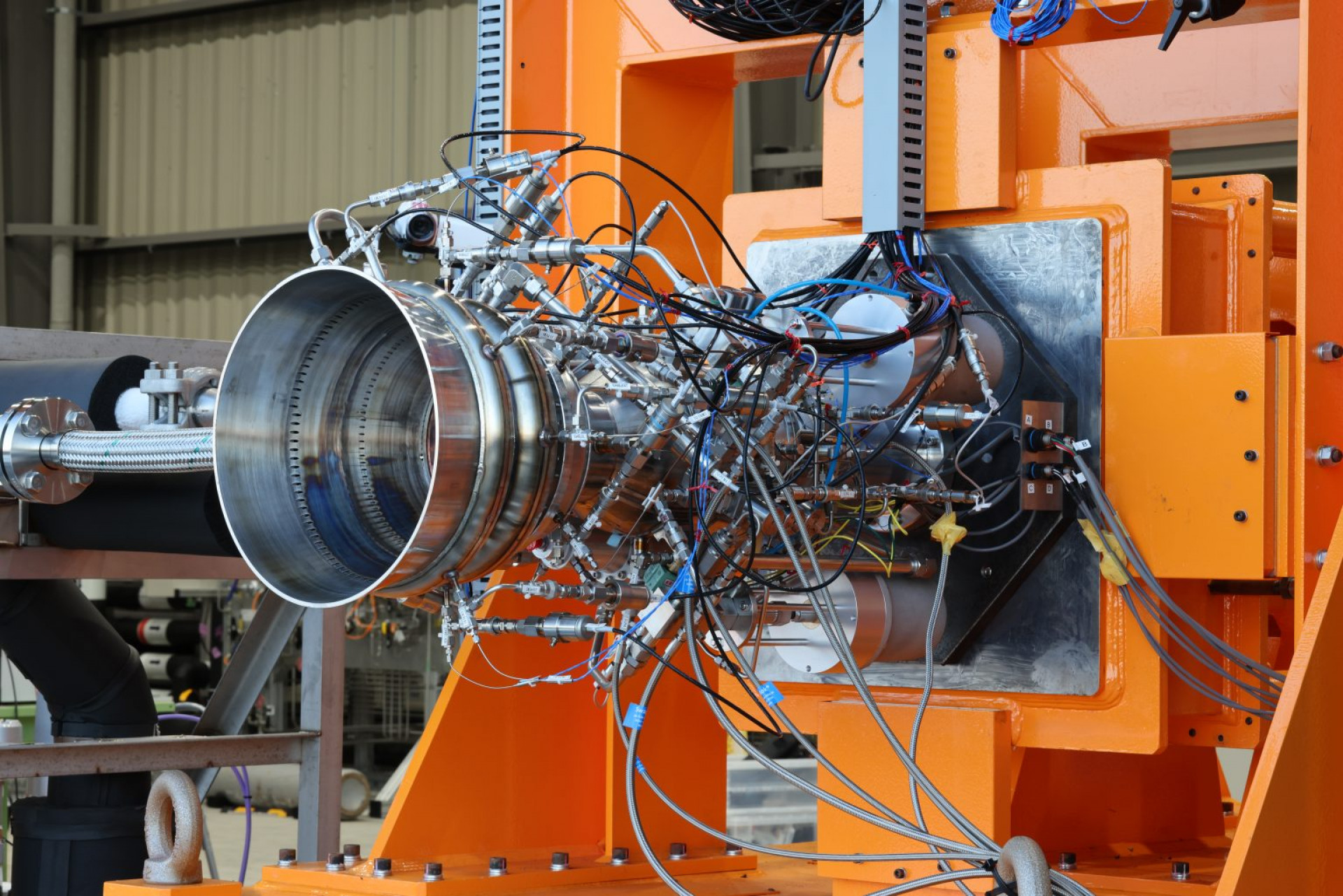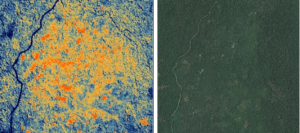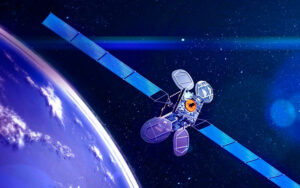Japan Tests Cow Dung Powered Rocket Engines
13th Dec 2023
Japanese start-ups have made significant progress in the nation’s space ambitions in some very innovative ways. Now, they can utilize cow dung as a renewable energy source for rockets. Interstellar Technologies Inc. (IST), in collaboration with the Air Water Group, has successfully tested prototype rocket engines that can use such a fuel source. This huge advancement towards sustainable space exploration could be a groundbreaking venture for the near future.
This endeavor by IST brings forward an unconventional rocket propulsion method where liquid biomethane (LBM) obtained from cow dung plays the main role. The recent static fire tests for the ZERO launch at the Hokkaido Spaceport’s Launch Complex-0 have shown the viability of this approach. The engine ignited with a vibrant orange and blue flame, showing the potential of a rocket powered by this unconventional fuel source.
Collaboration in Innovation for a Sustainable Future
IST’s partnership with Air Water was vital in developing this eco-friendly rocket fuel, and it also extends to local dairy farmers who contribute to the supply chain. The farmers provide it from the Hokkaido Tokachi area, where animal manure undergoes conversion into LBM, which forms the basis of this whole operation. The integration of farmers shows sustainable practices in not only space exploration but also in the agriculture sector.
Cattle manure is a notorious source of methane emissions and is now being turned into a valuable resource in the pursuit of carbon neutrality. Farmers are actively participating in this project and are also offered economic incentives that give a holistic approach to waste management in the agriculture sector.
Advancements in Cow Dung Engine Design
The rocket design is called ZERO. It has a two-stage structure featuring a pintle injector, a low number of parts, and enhanced combustion efficiency. This innovative design is not only environmentally beneficial but also economically practical. According to official statements, the reduction in components can potentially reduce manufacturing costs by up to one-tenth of conventional rocket engines.
Because of these successful tests, IST intends to use this innovative fuel to launch satellites into low-Earth orbit with the ZERO rocket. The price is estimated to be less than 800 million JPY per launch, which further puts this project as a game-changer in the small satellite launch services sector.
Global Implications and Environmental Impact
Cattle farming contributes significantly to greenhouse gas emissions, and this initiative can be a potential inspiration for other countries also seeking sustainable solutions. Biogas from cow manure is already used in various parts of the world, and this also contributes to the global climate change cause.
Overall, the successful tests of the prototype engines are a pivotal moment in space exploration and offer a promising solution to both energy and environmental challenges.




Thank you for your comment! It will be visible on the site after moderation.